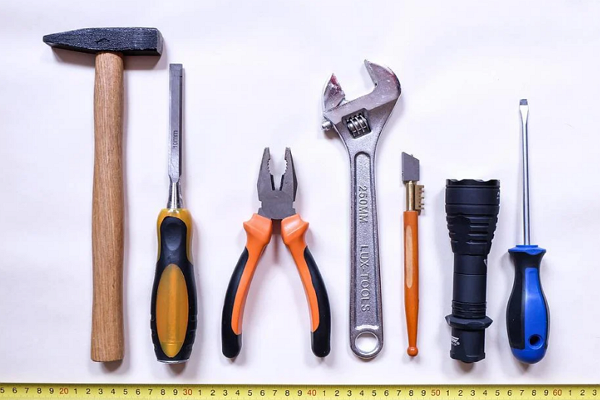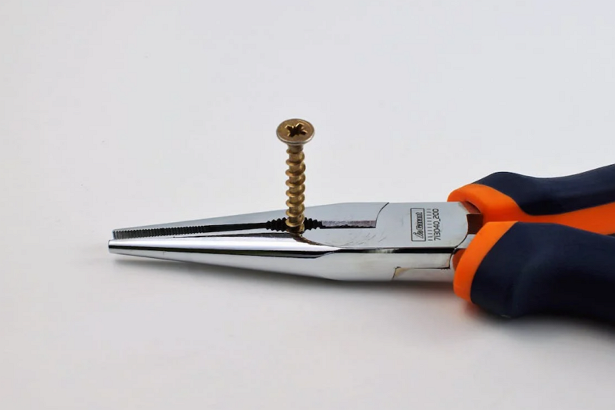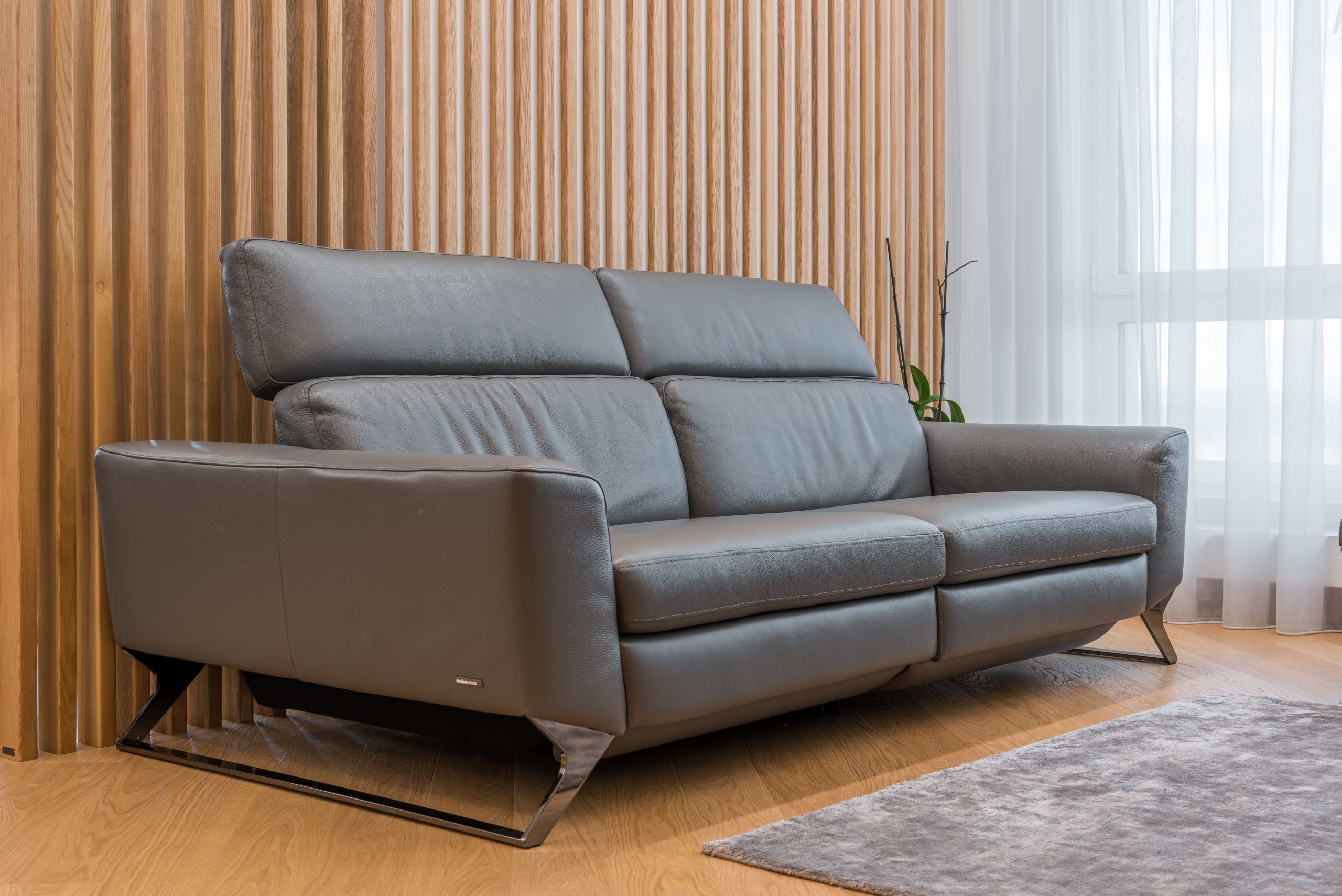Local mechanics who are in the market for automotive workshop equipment will need to be careful and calculating about what they pay for.
Without the right utilities at their disposal, their service will be compromised and they won’t be considered a viable option for drivers that need immediate help to get back on the road.
Before purchasing any old set of tools that are easy to acquire, this is a chance to see how contractors in the field assess automotive workshop equipment that shapes their professional performance.
High vs. Loss Priority Equipment Need
The key for contractors who want to be precise about the automotive workshop equipment they buy is to understand what they need right now and what could be sourced at a later date. By setting out a priority list, it is clear to establish what will add value, what will resolve mechanical service demands and which tools could be complementary features at a later date. Survey everything from pliers, hammers and breaker bars to screwdriver sets, air compressors, wheel chocks, stethoscopes, ratchets, sockets, oil filters and chisels among many more collections.
Fits Within Budgetary Scope

Specialist mechanic contractors will appreciate that they cannot gather as much quality automotive workshop equipment as they like from the outset. While there will be some scope to enjoy bargains and tax dividends with some rental opportunities for high-end technology, practitioners need to understand that they have to carefully budget for these goods. By requesting quotes and examining price lists from businesses, they will have a better idea about expected investment costs and what will fit in with their own budget parameters for that cycle.
Suitable Equipment Given Experience & Licence Status
Mechanics who are looking to acquire a higher grade of workshop tools need to think about their own level of proficiency, skill, comfort and experience level. While they will be at ease with pliers, impact wrenches and tire pressure gauges, there might be digital scanners and new software applications that require training and education first. Professionals will know their limits and what they need to fit for their own skill set, leaving them room to update their intellectual property (IP) at opportune moments.
Ranked & Reviewed Well By Other Automotive Professionals
The opinion of other mechanics might not be a major consideration for clients who are in the market for automotive workshop equipment, but it should be part of the shopping process. Every brand receives an online ranking out of 5 stars before commentary from other contractors shapes what practitioners think of their utilities. If there is a new product set or innovation on display, see what the online consensus happens to be from those who rely on these assets for their profession.

Durability & Reliability
Contractors don’t want to be paying their hard earned money for automotive workshop equipment, only to find that the systems are less than reliable and suffer from durability concerns. The composition of their material might speak to a lack of assurance on this front, yet it will be their manufacturing standards that speak to their proficiency on this front. While consulting with professional members and investigating brands online, researching these elements will be beneficial.
Testing Brands on Shop Floor
Mechanic contractors won’t always enjoy assessing automotive workshop equipment from a remote position. Given their skills and their capacity to engage their hands, they will want to have a tangible look and feel for these materials. Being able to test them on site and see how they handle their weight parameters and material integration will be helpful, shaping the suitability for operators who have to rely on these utilities for their service work.



